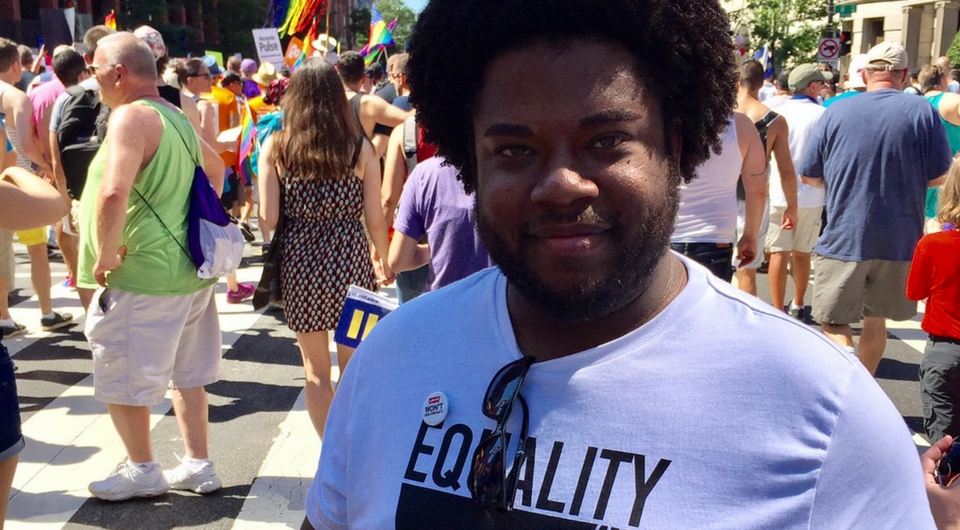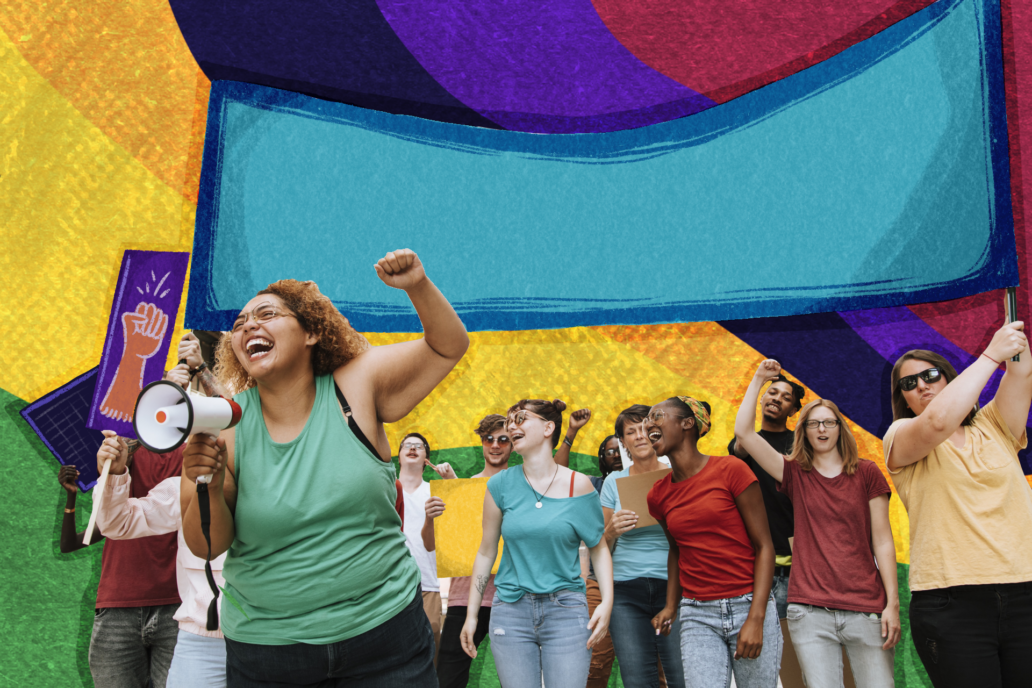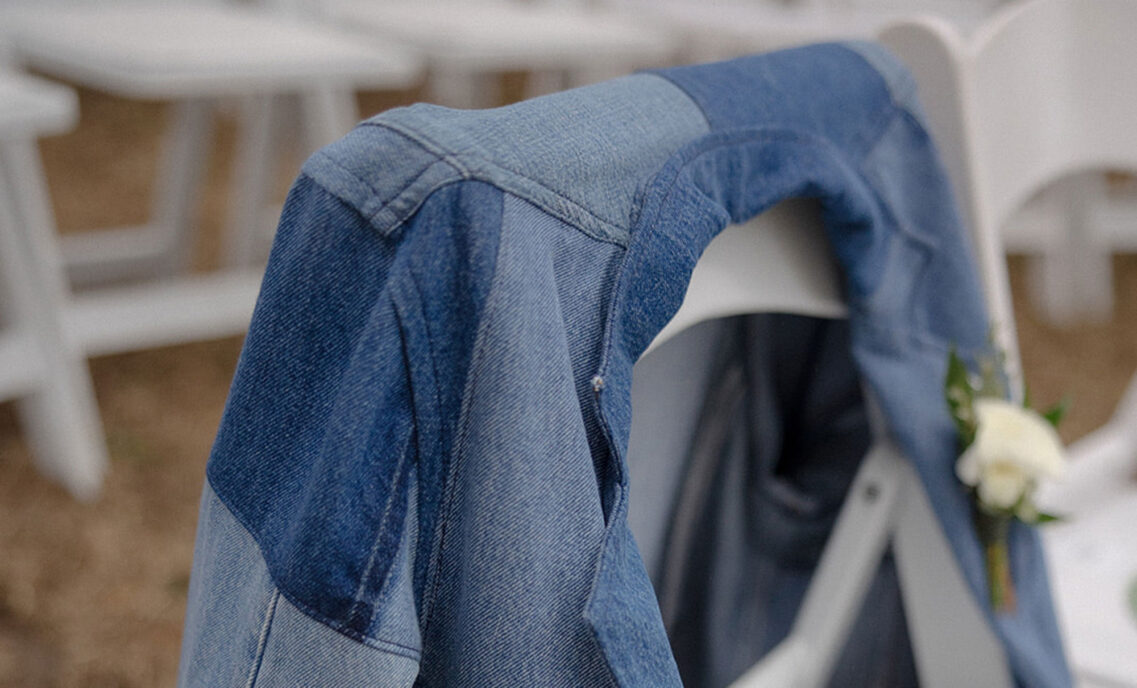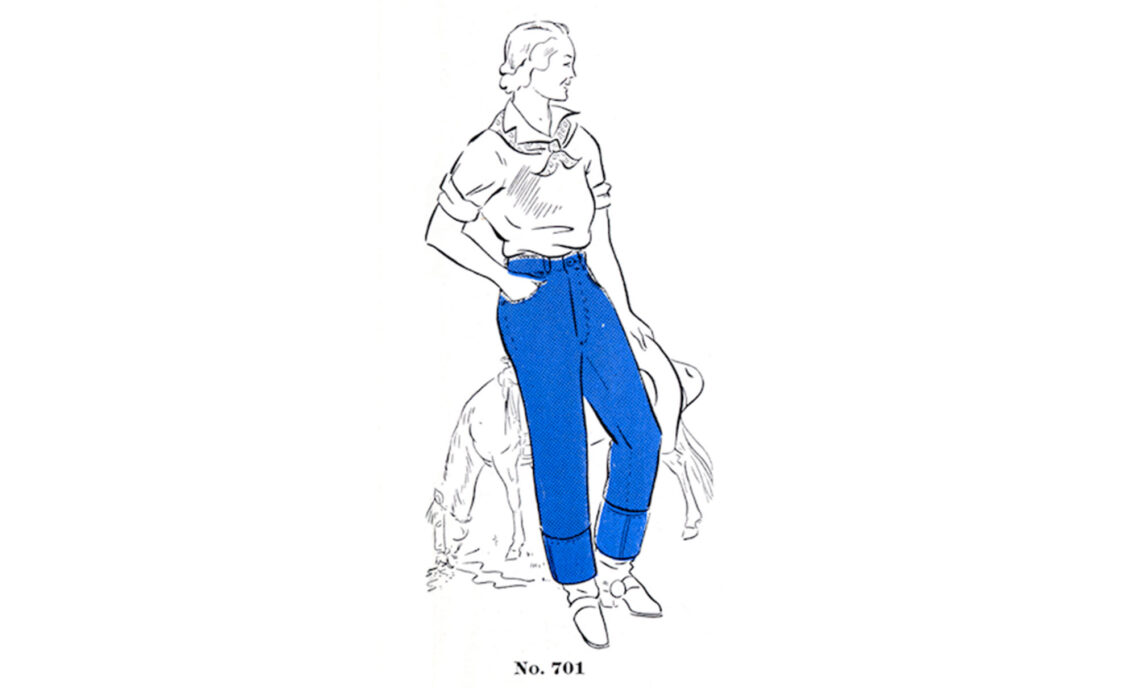On June 11, Levi Strauss & Co. and Stonewall Community Foundation bused engaged activists and employees from New York to D.C. for the Equality March. Jarrett Lucas, Stonewall’s Executive Director, is on the front lines of the fight for inclusivity, working to equip local leaders with the tools they need to be effective change agents.
Honestly, 5 a.m. is a very, very early call time. But there we were on a Sunday, called to the cause, boarding a bus to the Capitol. We were young, younger, and not-as-young, a perfect mix of perspectives. I, for one, have been attending Pride for just shy of 20 years, so I have seen my share of marches. But for most folks, this trip was a first, and that was largely the point.
With Washington, D.C.’s pride parade as the backdrop, our destination was the Equality March for Unity and Pride, held on June 11. We partnered with Levi Strauss & Co. to mobilize the Stonewall network, turning to members of Quarter Share, our initiative to cultivate the next generation of LGBTQ and ally philanthropists.
Building a culture of giving—one that is based in deep intellectual and emotional investment—requires education as much as it does experience. The Equality March was a clear chance for both. We joined an estimated 250,000 marchers to affirm our commitment to taking care of one another in the absence of political leadership that would do so. From emphatic chants to meme-worthy signs, one message was most salient: solidarity is the only way forward.
Back home, that idea continues to resonate. We are currently in the middle of two grant cycles here at Stonewall – one is focused on building bridges, doing place-based LGBTQ projects that engage the broader and, frankly, hyper-diverse communities in which they are embedded; the other is focused on responsive action, moving critical funds to LGBTQ organizations where we see the greatest need today. We have received more than 50 proposals for the latter, ranging in nature from addressing increased hate violence and rampant mental health crises to meeting unprecedented demands for legal clinics and gender-affirming identity documents. The common thread across these needs? Our people are terrified and, more than anything, they need access to trustworthy information about their rights and space to organize and protect them.
Our grantee partners note unmanageable levels of need. This is because the work of serving and supporting marginalized people is absolutely critical, and so their resolve is often to do everything they can, and then some. More often than not they are going way above the call of duty. But there is no future in that. It’s simply not sustainable at the levels we’re now facing.
One charge of our mission as a foundation is to make sure nonprofits, especially those that are pillars in our community, have the resources they need to thrive. However, at times like this when political panic starts to impact the funding landscape, many organizations slip into scarcity mode. It feels like there is not enough. Not enough donors, dollars, or doors opening. It puts a strain on the notion of collaboration and intensifies the sense that institutional agents of change have to be in competition.
As a public foundation, Stonewall is uniquely positioned to do something special. We are able to help community groups emerge from the chokehold of distress and find oxygen, room to breathe, and embrace the very message that unified us in D.C. We’re also incredibly thankful for the continued support of Levi Strauss & Co. This year, 100 percent of proceeds from the Levi’s® Pride Collection are benefiting the work of Stonewall and the Harvey Milk Foundation. We’re proud to be an organization that LS&Co. believes can advance the work of activists who are fighting for fundamental change in their communities.
Solidarity, not isolation, is the only way forward. I am so proud that this is our work and grateful that our own effectiveness comes down to solidarity with people as well as organizations like LS&Co. saying, “We are on this ride together.”







